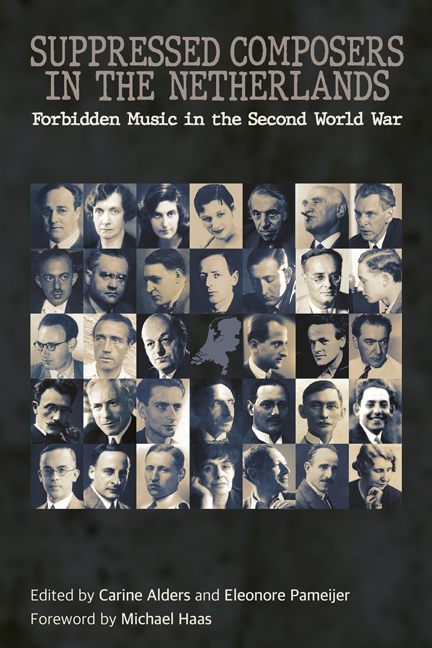16 - Leo Kok
Published online by Cambridge University Press: 09 May 2024
Summary
The term ‘homo universalis’ or Renaissance Man originated as a description of individuals who helped humanity escape the dark ages by virtue of their open minds and tenacious pursuit of new knowledge. Leo Kok was such a polymath during his own lifetime. He was a gifted football player, a pianist of the highest order, a vocal coach and a composer. He also had an immense interest in literature and politics. As an anti-fascist activist, he joined the Dutch resistance movement during the Second World War. He survived torture in Buchenwald, but his piano career was ruined. After the war, he turned his passion to literature and books.
Leo Kok was born in Amsterdam on 24 November 1893. His Portuguese-Jewish mother died during childbirth; his father died when he was eight years old. He was raised by his grandmother and, after her death, by an aunt in The Hague. Perhaps these early losses and premature independence played a role in his many activities as a youngster. He graduated from the Rotterdam Maritime Academy and studied piano at the Conservatoire in The Hague. His composition teacher was Willem Pijper, whom Kok admired for his experimental style. It is believed that Kok played the Dutch premiere of Gershwin's Rhapsody in Blue. In the meantime, he also excelled at boxing and football and was even selected for the Dutch national football team, which brought him eventually to Paris, the city that would play a pivotal role in his life.
In 1919, he married the flamboyant singer Hetty Marx, but Kok, who was a charming, flirtatious man, was not cut out for married life. Hetty and their son Iddo saw little of him in those first few years. He was already working as a pianist and a conductor aboard a cruise liner, with regular services between Rotterdam and Rio de Janeiro, and he spent long periods of time in Brazil and Argentina.
In the 1920s and 1930s he was living alternately in Paris and Ascona in Switzerland and worked as a vocal coach. He reputedly had a beautiful baritone voice. From 1924, he performed with the violinist Lidus Klein van Giltay, the Finnish cellist Lennart von Zweyberg and other musicians. He spent a year in Berlin as the accompanist to, among others, the German dancer Charlotte Bara, to whom he dedicated the last of his Trois danses exotiques for piano.
- Type
- Chapter
- Information
- Suppressed Composers in the NetherlandsForbidden Music in the Second World War, pp. 159 - 166Publisher: Boydell & BrewerPrint publication year: 2024



